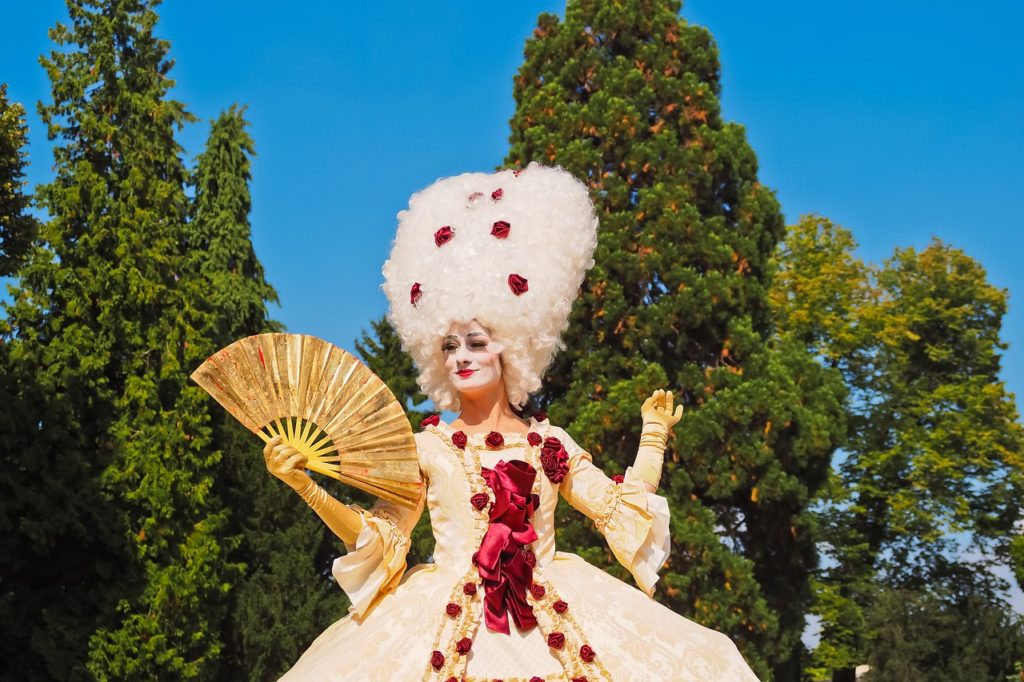Play Possum
Many of us tried to play possum when we were children. We wanted to stay in bed when our parents said to get up. We kept our eyes closed and remained as still as possible.
We often display similar behaviors as adults. Some days we simply don’t want to rise and shine.
When opossums (or possums) feel threatened, they pretend to be dead.
They try to avoid attack by lying still. Their goal is for the other animals to leave them alone. Apparently, that defense works well.
When faced with danger:
- They don’t fight.
- They don’t run.
- They play dead.
To play possum means to pretend to be dead or asleep.
It may also mean to pretend not to know. We want to avoid a person or situation. We don’t want to:
- Wake up
- Get up
- Work
- Accept responsibility
Like the possum, we hope the threat to our rest loses interest and goes away.
The time comes to stop playing possum and get to work.
We need and enjoy rest and play. Yet, for the best life, we also put our hand to the plow and meet our responsibilities.
“How long will you lie there, you sluggard? When will you get up from your sleep?” (Proverbs 6:9 NIV).
Thanks to Carole Fite for the suggestion.
Image by daynaw3990 from Pixabay
Do you have an expression you want explained or a thought about this one? If so, please comment below.
Subscribe to receive my weekly posts by email and receive a free copy of “Words of Hope for Days that Hurt.”
If you enjoyed this post, please share it with your friends.



 Please welcome my friend Carlton Hughes as today’s guest writer. Carlton and I met at
Please welcome my friend Carlton Hughes as today’s guest writer. Carlton and I met at  I used to go to church with a man who introduced me to this phrase. Whenever I greeted him and asked how he was doing, he always answered the same way.
I used to go to church with a man who introduced me to this phrase. Whenever I greeted him and asked how he was doing, he always answered the same way.